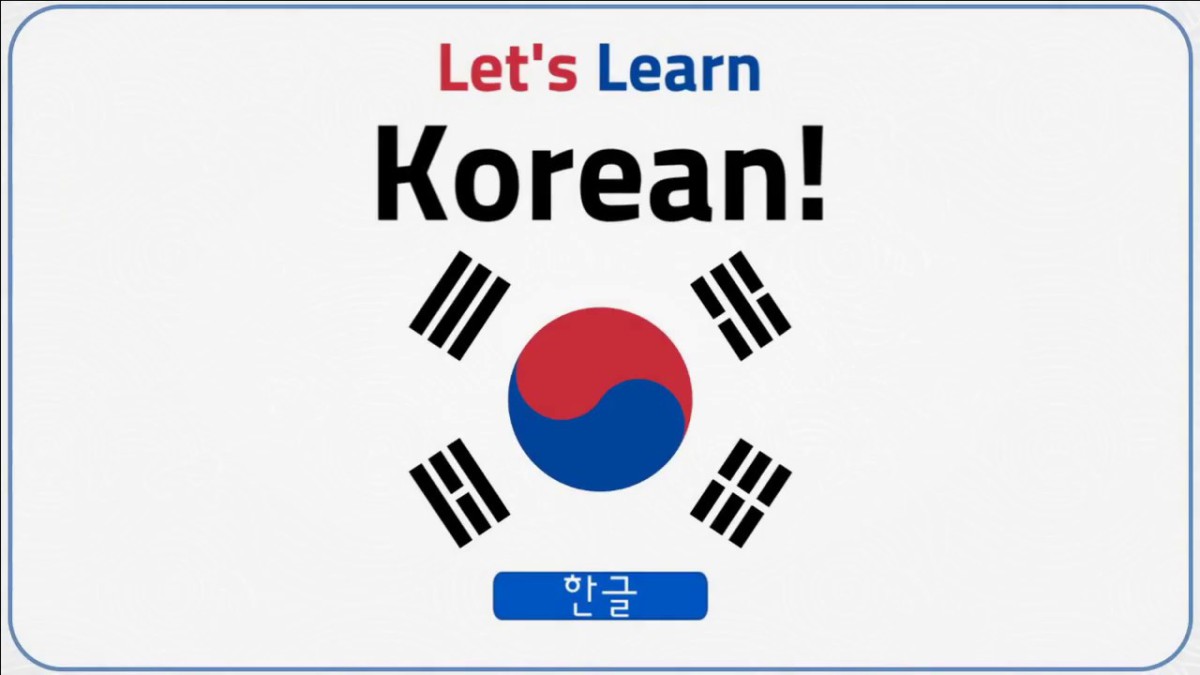Introduction:
The Korean Language Mastery Course is a comprehensive program tailored to individuals seeking to enhance their proficiency in the Korean language. Whether you are a student, professional, or language enthusiast, this course is designed to provide a holistic learning experience. The course covers various aspects of the Korean language, including grammar, vocabulary, communication skills, and cultural nuances.
Vision:
Upon completing this course, participants will:
- Attain a high level of proficiency in Korean, both written and spoken.
- Develop strong grammar skills for effective communication.
- Expand vocabulary for diverse contexts and situations in Korean settings.
- Enhance listening and speaking abilities in real-life scenarios, including cultural interactions.
- Understand cultural subtleties for more nuanced communication in Korean contexts.
Who Should Attend:
This course is beneficial for a wide range of individuals, including:
- Students aiming to improve academic performance in Korean language studies.
- Professionals seeking to enhance their business communication skills in a Korean environment.
- Non-native Korean speakers looking to refine their language proficiency for travel or cultural immersion.
- Language enthusiasts interested in mastering the Korean language.
By enrolling in this Korean Language Mastery Course, participants will gain the knowledge and skills needed to communicate confidently and effectively in various personal and professional Korean settings.
Course Contents
-
Unit 1: Introduction to Korean Language
- Overview of the Korean language structure
- Introduction to basic grammar rules
- Commonly used vocabulary for daily communication in Korean settings
-
Unit 2: In-depth Study of Verb Conjugation
- Politeness levels, verb tenses, and conjugation patterns
- Application of verb conjugation in sentences
-
Unit 3: Sentence Structure
- Subject-object-verb structure
- Different sentence types and their usage in Korean
-
Unit 4: Building a Diverse Vocabulary in Korean
- Strategies for expanding vocabulary in specific contexts
- Idiomatic expressions, honorifics, and speech levels
- Word roots and prefixes for effective word recognition
-
Unit 5: Developing Listening Skills in Korean
- Active listening techniques in Korean conversations
- Pronunciation practice and accent nuances
- Engaging in conversations and discussions with native speakers
-
Unit 6: Effective Writing Techniques in Korean
- Different writing styles (formal, informal, business)
- Structuring paragraphs, emails, and reports in Korean
- Editing and proofreading skills for Korean documents
-
Unit 7: Understanding Cultural Subtleties in Korean Communication
- Cultural considerations in language use
- Adapting language to different contexts and audiences in Korean culture
- Practical exercises in cultural awareness specific to Korea
-
Unit 8: Simulated Real-life Scenarios in Korean
- Practical application of language skills in Korean settings
- Role-playing exercises for workplace and social situations in Korea
- Final project: Structured and articulate Korean presentation
Course Faq
This course is designed for a diverse audience, including students aiming to improve academic performance in Korean language studies, professionals seeking enhanced business communication skills in a Korean environment, non-native Korean speakers looking to refine their language proficiency for travel or cultural immersion, and language enthusiasts interested in mastering the Korean language.
The Korean Language Mastery Course is a comprehensive program covering various aspects of the Korean language, including grammar, vocabulary, communication skills, and cultural nuances.
Participants will attain a high level of proficiency in both written and spoken Korean, develop strong grammar skills, expand their vocabulary for various contexts in Korean settings, enhance listening and speaking abilities in real-life scenarios, and understand cultural subtleties for more nuanced communication in Korean contexts.
Absolutely. The course is specifically beneficial for non-native Korean speakers looking to refine their language proficiency for travel or cultural immersion and communicate confidently in personal and professional Korean settings.
The course content is organized into units covering topics such as the structure of the Korean language, in-depth study of grammar, sentence structure, building a diverse vocabulary, developing listening skills, effective writing techniques, understanding cultural subtleties, and simulated real-life scenarios.
The course provides strategies for expanding vocabulary in specific contexts, explores idiomatic expressions, and covers vocabulary used in daily communication in Korean settings.
Yes, the course includes practical components such as simulated real-life scenarios, role-playing exercises for workplace and social situations in Korea, and a final project involving a structured and articulate Korean presentation.
Cultural considerations in language use are covered, including adapting language to different contexts and audiences in Korean culture. Practical exercises in cultural awareness specific to Korea are also included.
Information on enrollment, including registration details, can be obtained by contacting [provide contact information].








